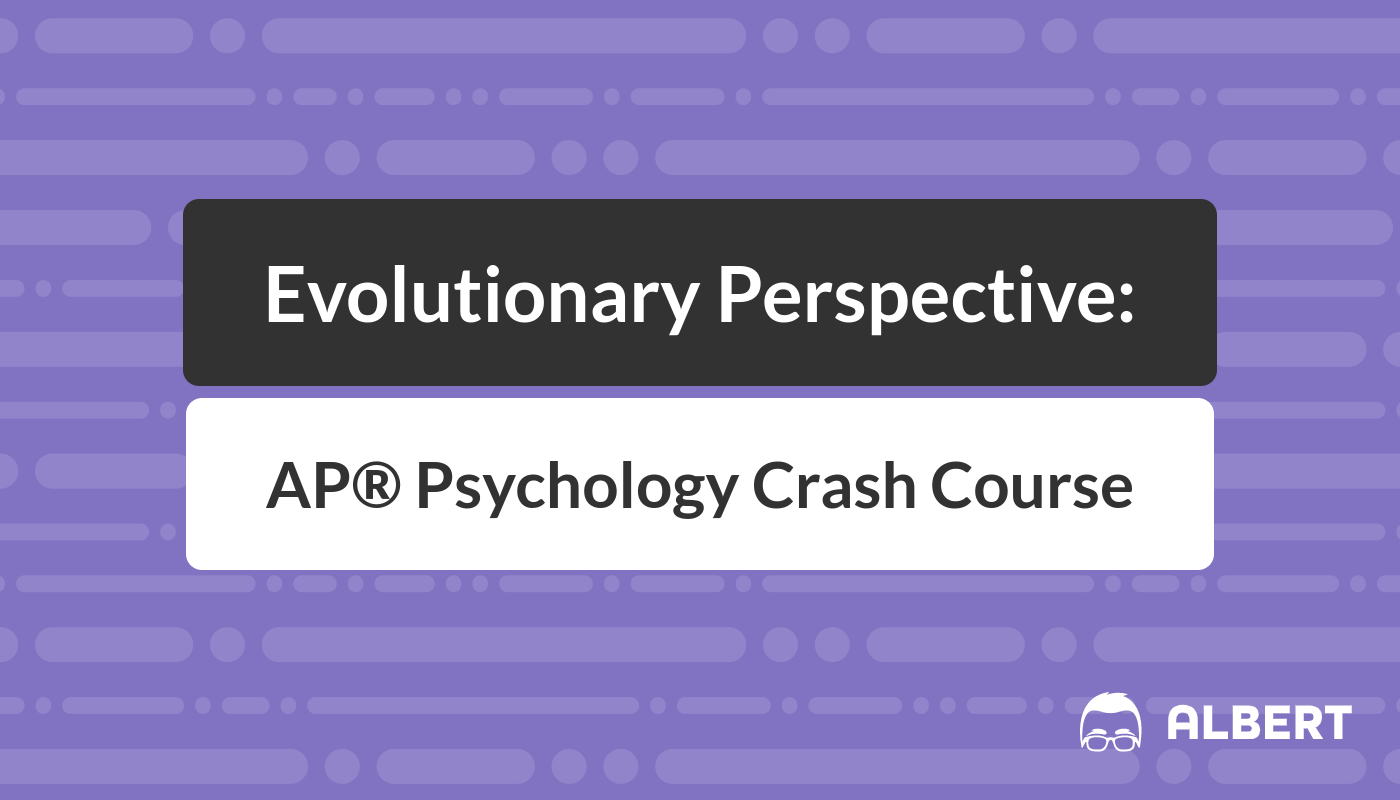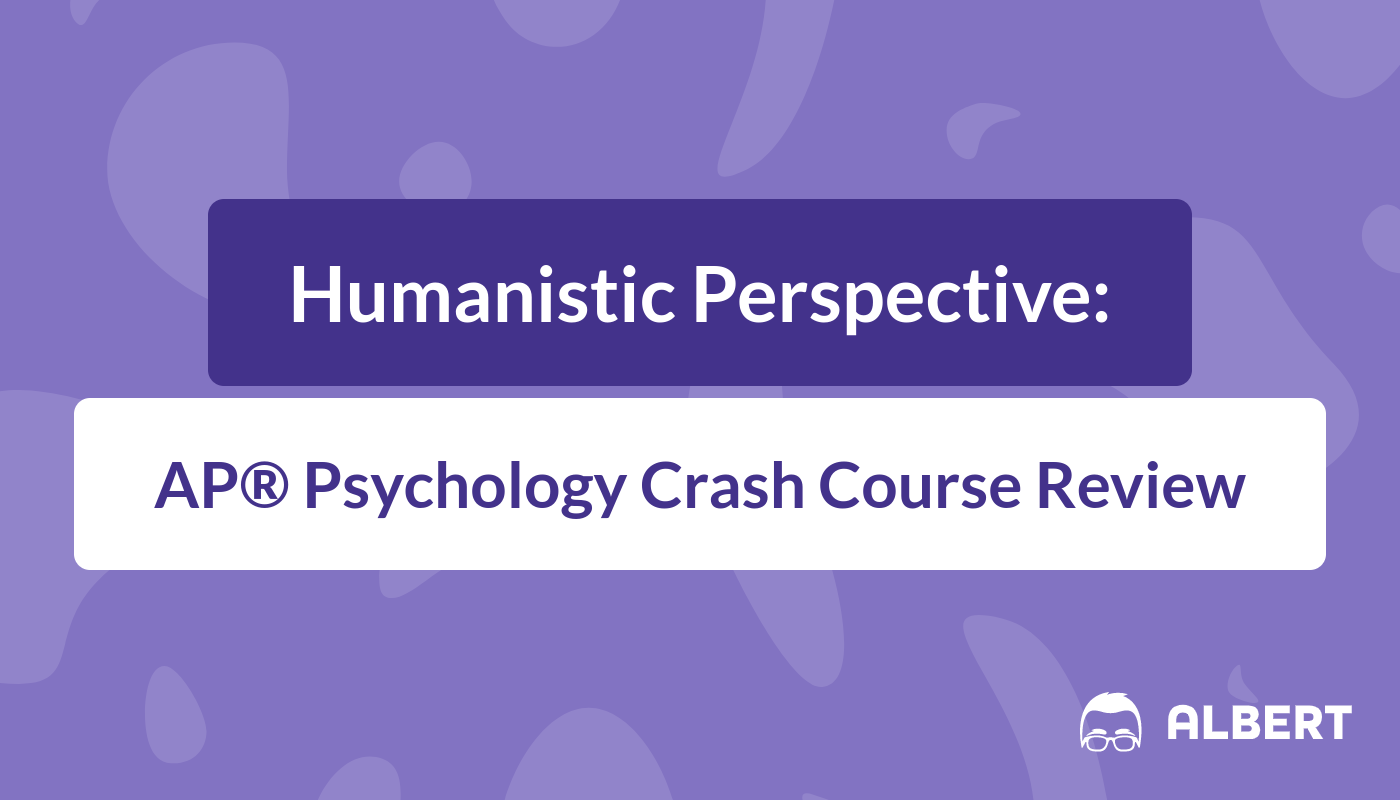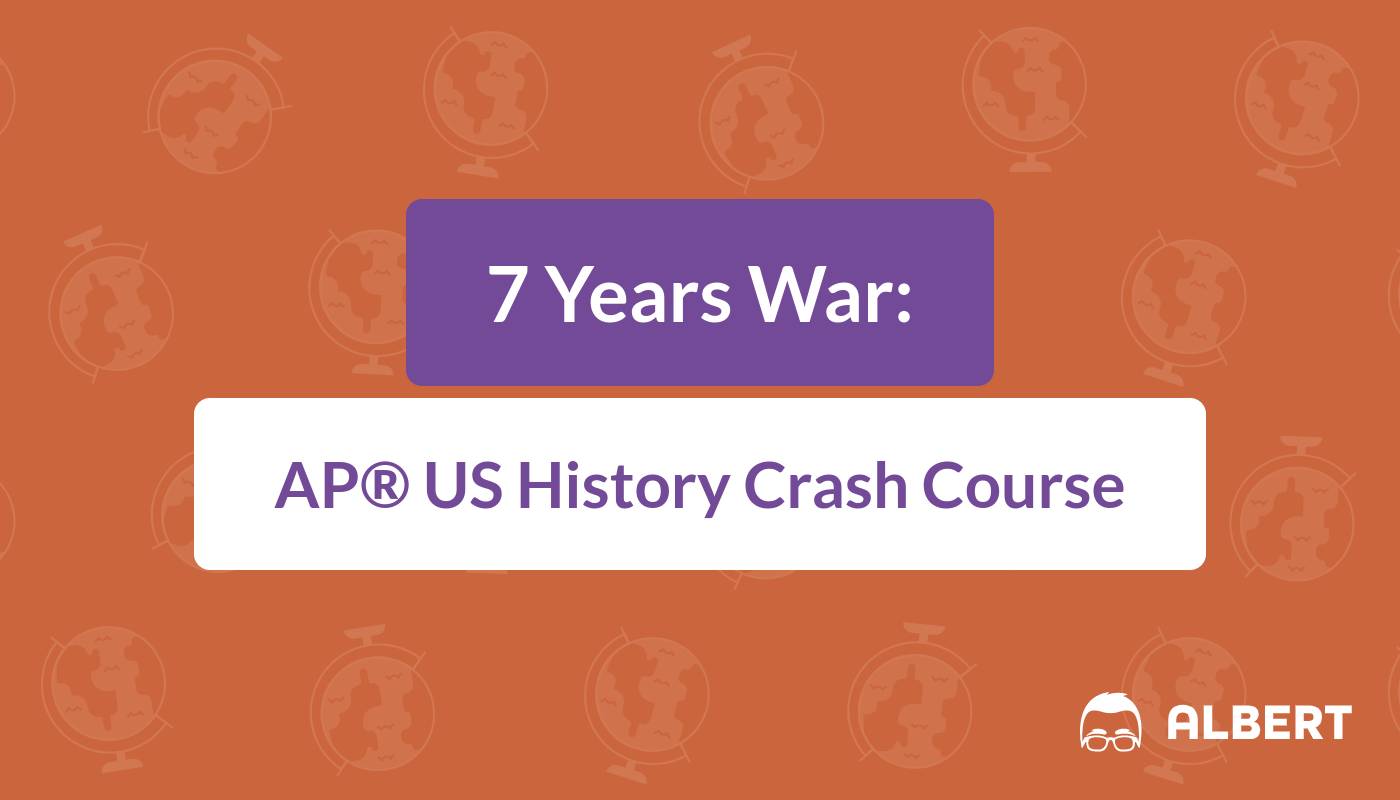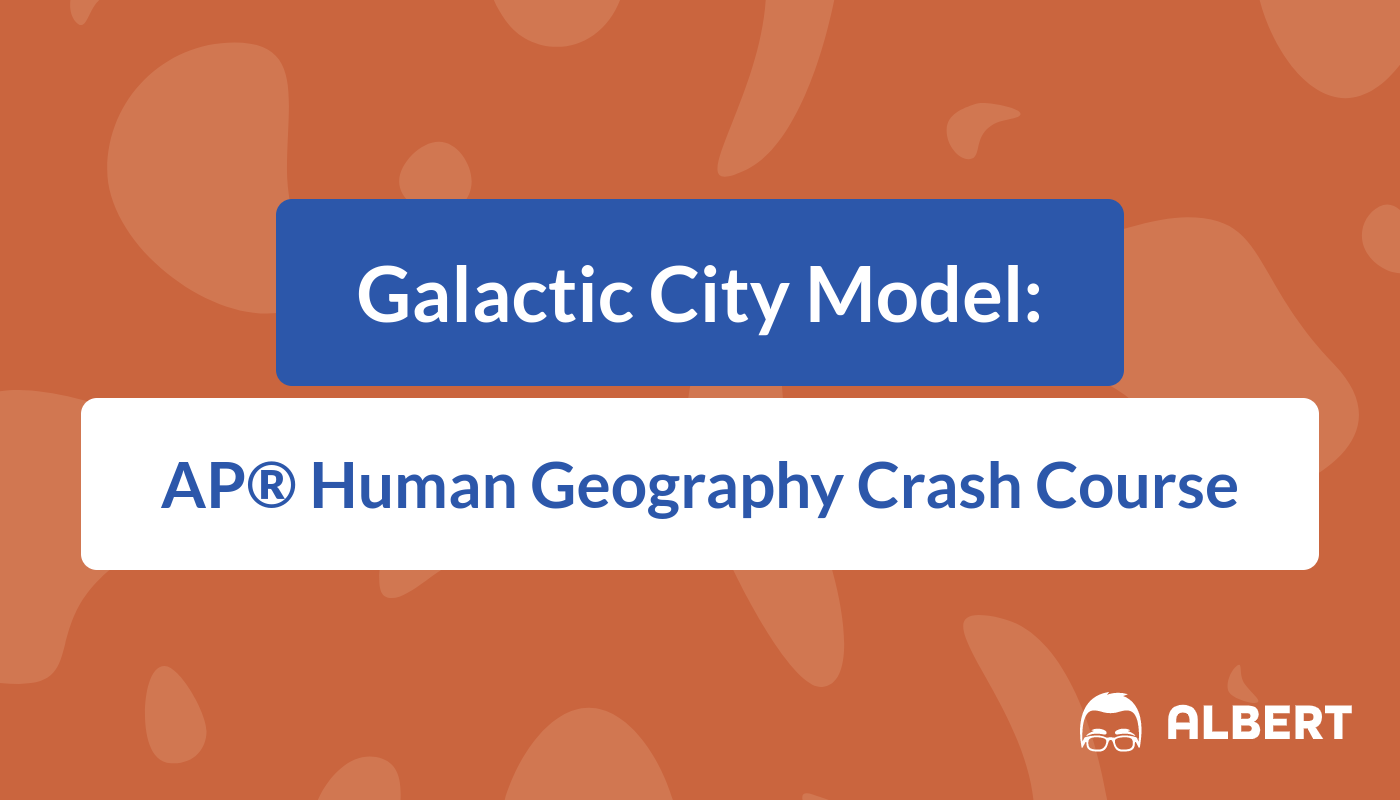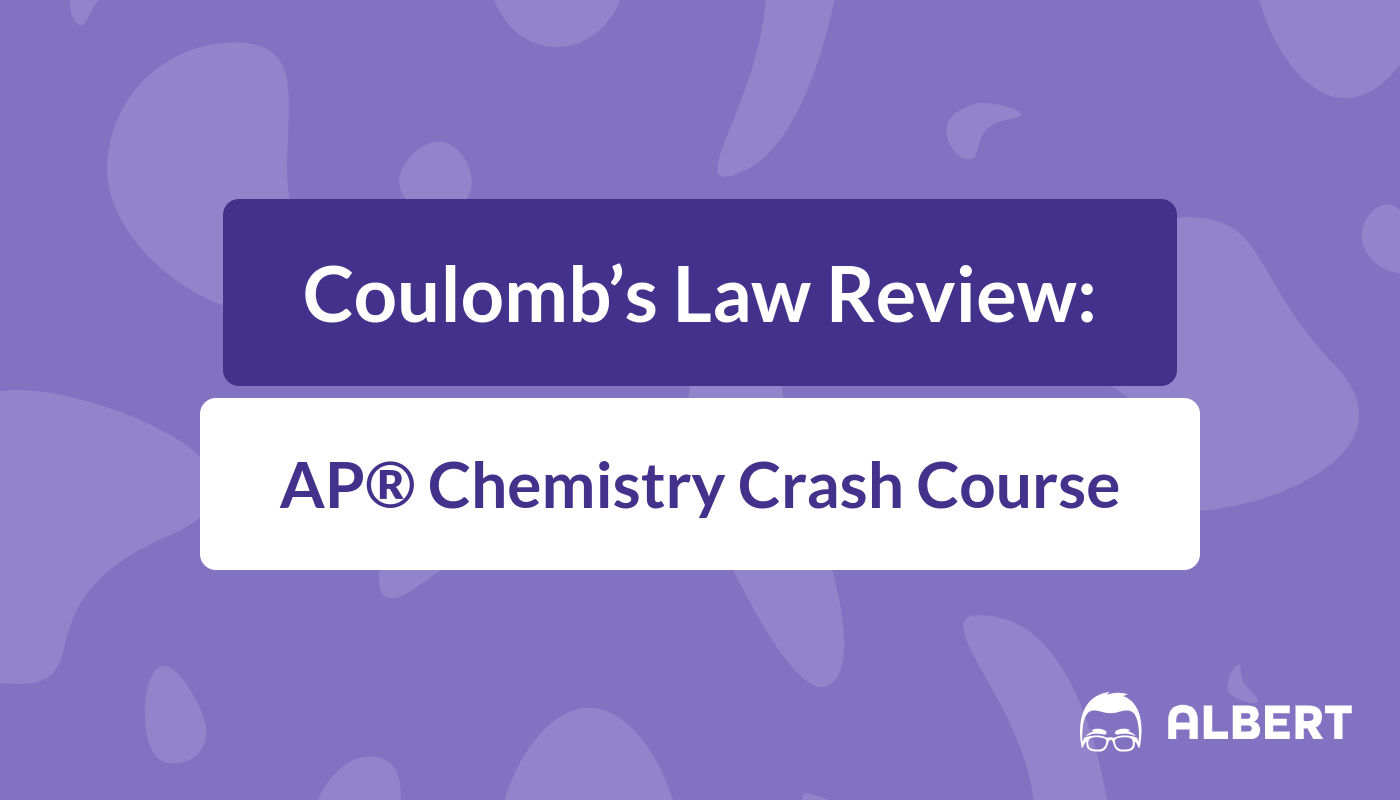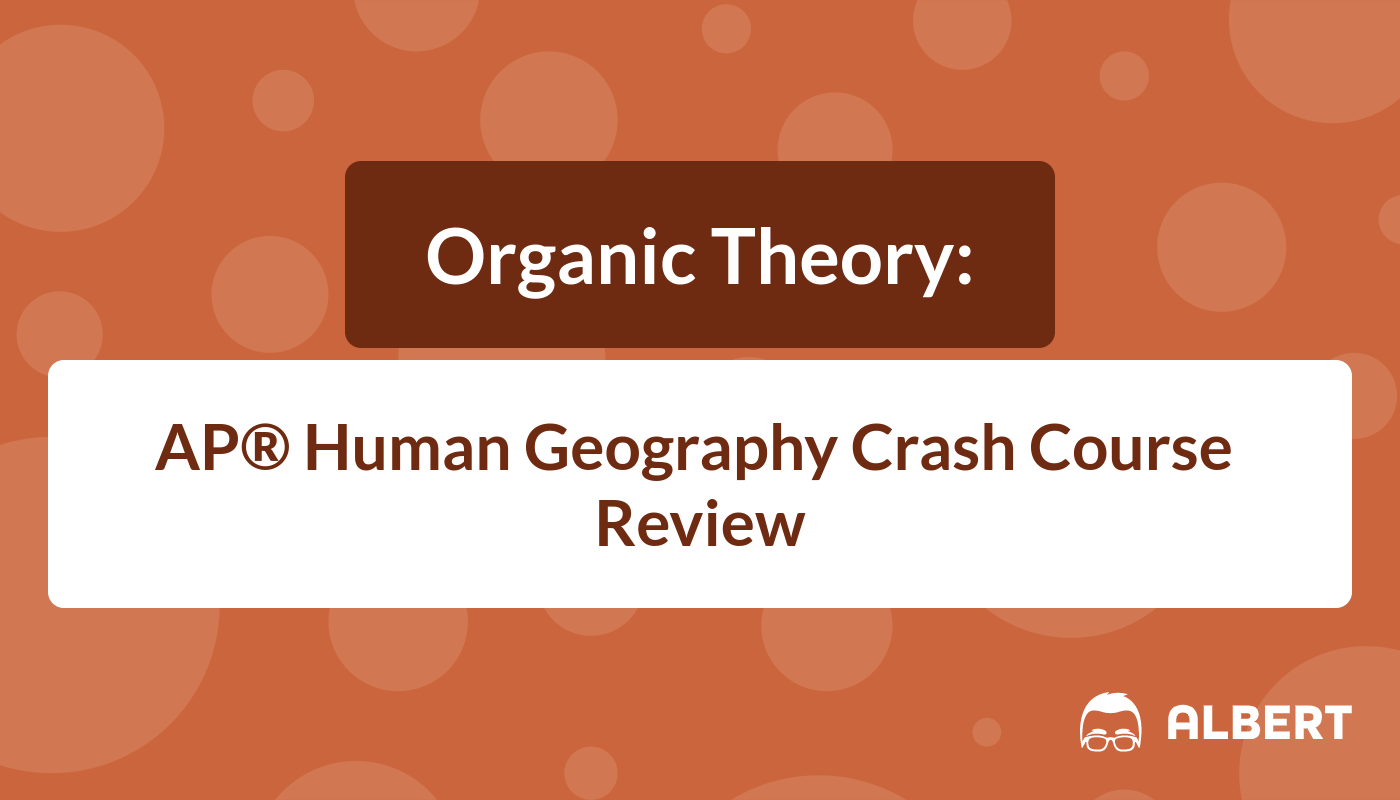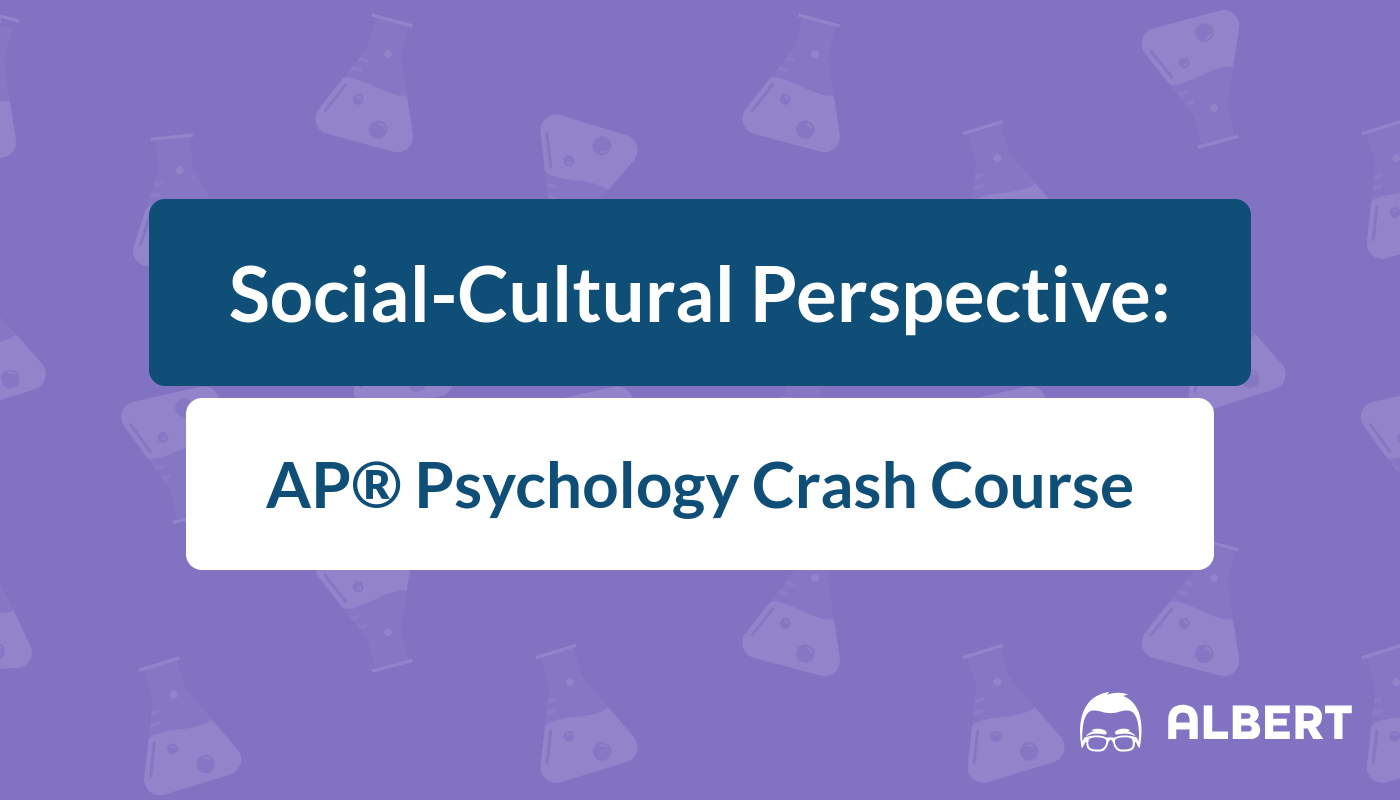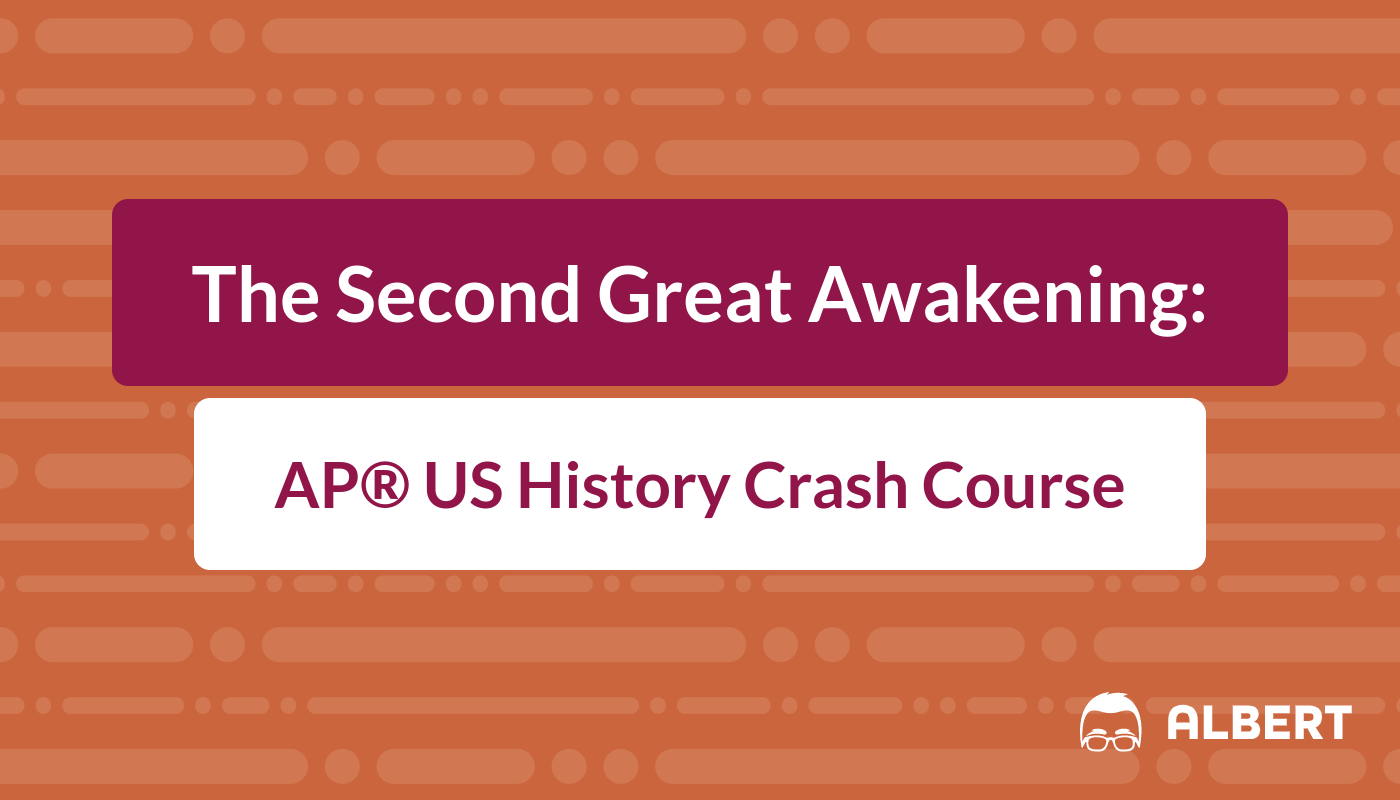Evolutionary Perspective: AP® Psychology Crash Course
The evolutionary perspective is related to the scientific understanding of evolution. It considers the way that different traits within any individual will change throughout different generations and eras. This perspective relates to the concept of natural selection and how it has changed many things about the way that the mind works. It is believed to relate to absolutely any human or humanoid as well as animals and organisms in history and modern day.

